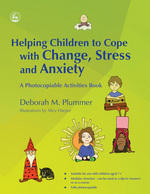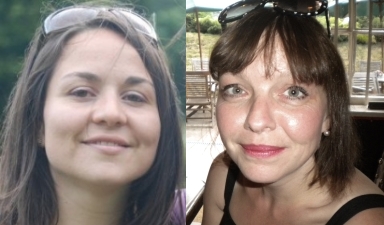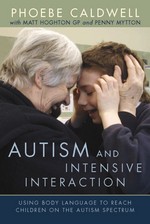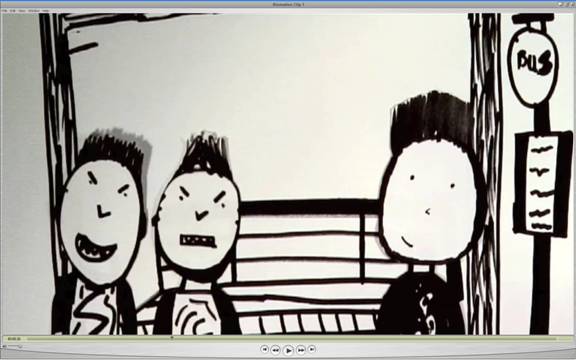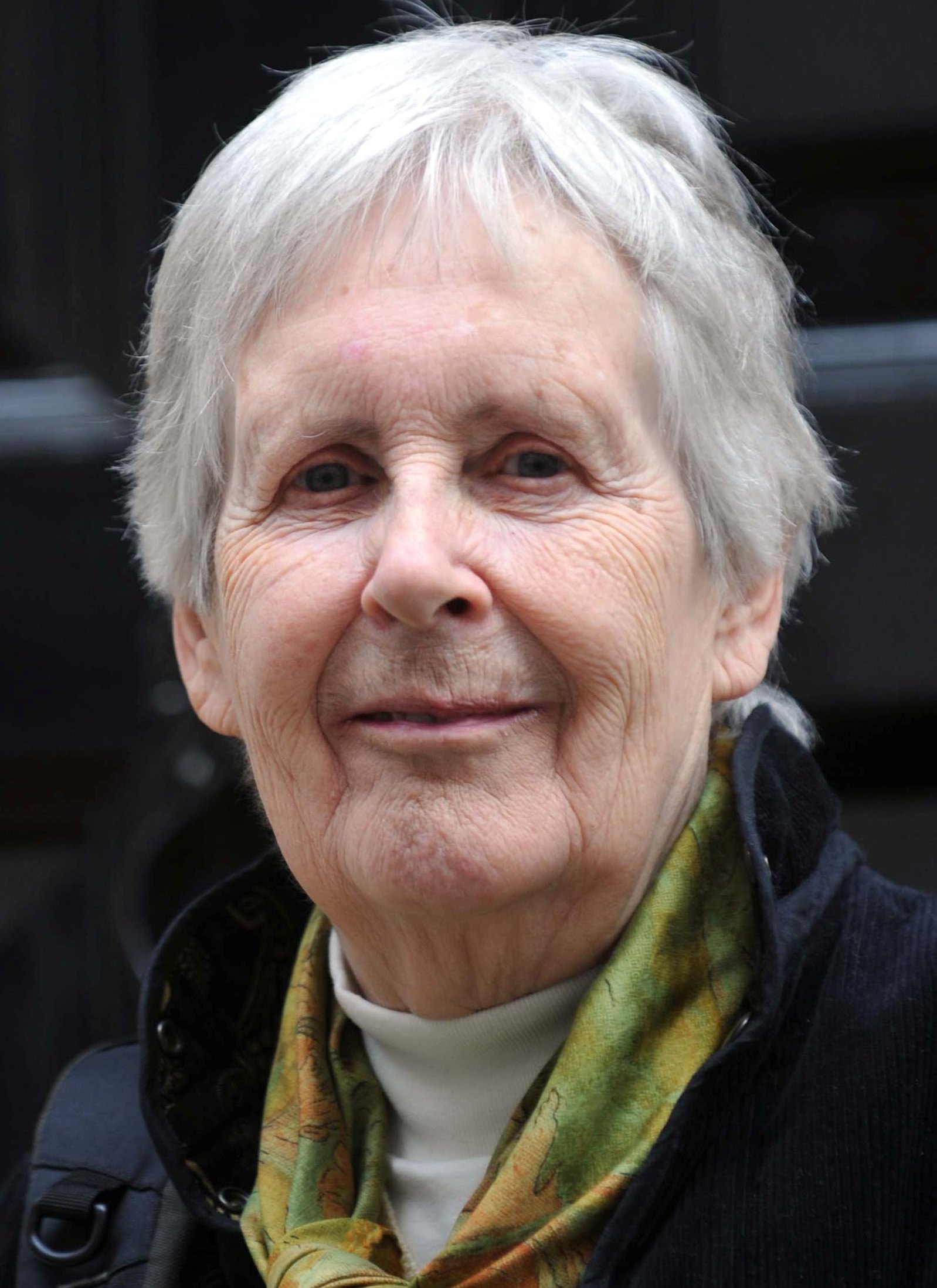An Interview with Bo Hejlskov Elvén: Making Behaving Positively Possible for People with Autism and Other Developmental Disabilities
“Most of the methods used in changing challenging behaviours contain a degree of force or lack of respect for the choices of the service-user. My main principle is that the service-user always has the right to say ‘no’. My job is to encourage her say ‘yes’. That means that if she says ‘no’, I need to figure out what I did wrong. In that way I actually can change her behaviour by focusing on my own behaviour, not on hers.”

